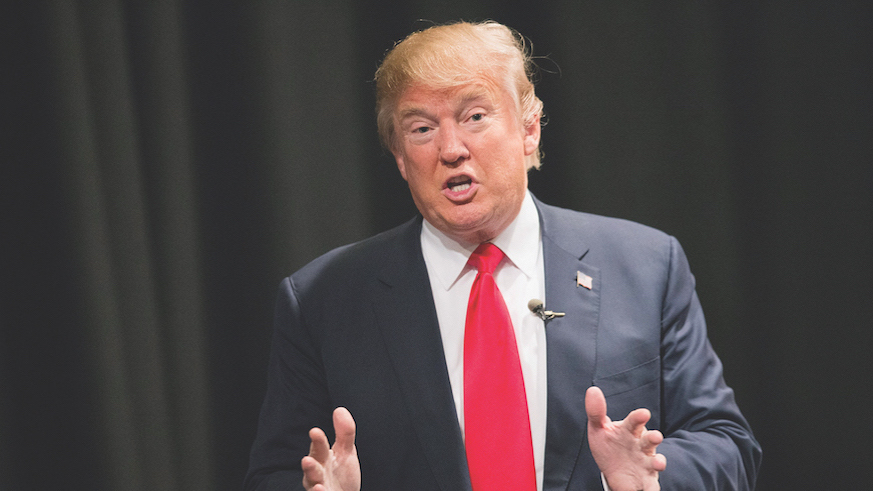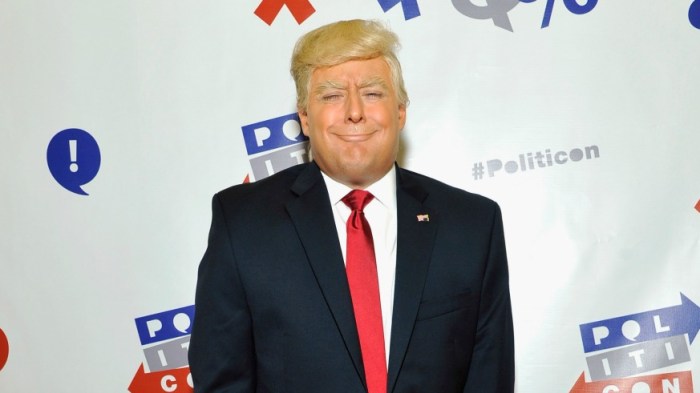In a potentially serious blow to renewable energy jobs, yesterday President Trump announced a 30 percent tariff on solar panels assembled abroad.
Because solar equipment manufacturers get 80 percent of their parts from overseas, the Solar Energy Industry Association estimates that the increased costs will result in the loss of around 23,000 solar jobs — a sharp reversal in a job sector that has been growing by double digits annually.
The $28 billion solar industry employs around 260,000 people now.
“Developers may have to walk away from their projects,” Hugh Bromley, an analyst at Bloomberg New Energy Finance, told Time before Trump’s decision. “Some rooftop solar companies may have to pull out” of some states, he added.
The tariffs Trump approved start at 30 percent in the first year and decline to 15 percent by the fourth. In October, the U.S. International Trade Commission recommended a tariff of 35 percent, having determined that the cheap price of imported solar panels were disadvantageous to U.S. manufacturers.
Trump has consistently talked up a return to nonrenewable energy sources, such as coal, and pledged to bring related jobs back, even though clean-energy jobs have been growing exponentially — particularly in the solar field. The official Office of U.S. Energy Efficiency and Renewable Energy website notes that solar installer is the second-fastest growing job in the clean-energy industry. About 73,000 of those jobs were created in 2016, a 25 percent increase over 2015. “In fact, it’s estimated that one out of every 50 new jobs created nationally came from solar,” the site says.
The coal industry employs about 160,000 people, around 50,000 in mining.
Some say Trump’s move is a slap at China, the country which manufactures the most panels. China has been an intermittent foe of Trump’s on trade. During the presidential campaign, he vowed to label China a currency manipulator, then backtracked after his inauguration.
“It’s the first opportunity the president has had to impose tariffs or any sort of trade restriction,” Clark Packard, a trade policy expert at the R Street Institute in Washington, told Time before Trump’s decision. “He’s kind of pining for an opportunity.”
China and countries including South Korea may appeal the tariffs to the World Trade Organization, which has struck down American tariffs in the past.

























